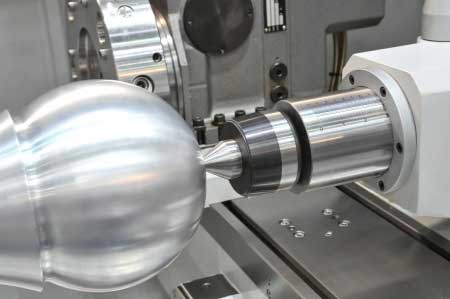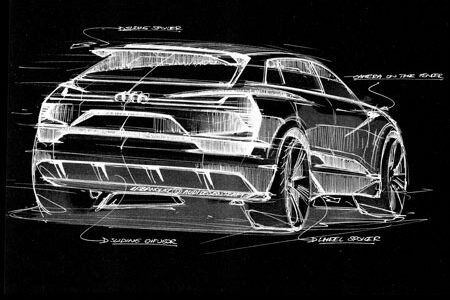A recent survey revealed that Finance Directors are more worried about the skills shortage in the UK than they are about the UK remaining in Europe. In fact, it ranked second only to concerns regarding the oil price. A worrying statement!
We ourselves have written previously about the skills shortage in engineering indicating that the practical skills needed are not being taught early enough. The misheld perception that engineering jobs are ‘dirty’ and carried out in oil covered overalls or while wearing hard hats on a building site is a perception we need to change. Schools need to open the eyes of their students to the possibilities of engineering careers out there. We also need to ensure that the practical skills that come with these jobs are taught and practiced throughout any period of education. There is little point in learning the theory of how to do something for 3 or 4 years and then not being able to apply that practically when looking for employment.
It seems, that these concerns do not only relate to engineering, but to employment as a whole in the UK. A report by the Chartered Institute of Management Accountants recently stated that UK school leavers are the worst in Europe for essential skills. Whether they are leaving school at 18 or graduating later, employers state that students are lacking the skills they are looking for. It seems the most basic skills such as communication and teamwork are a struggle for many and is given as a major factor when deciding whether to employ a young person.











Recent Comments